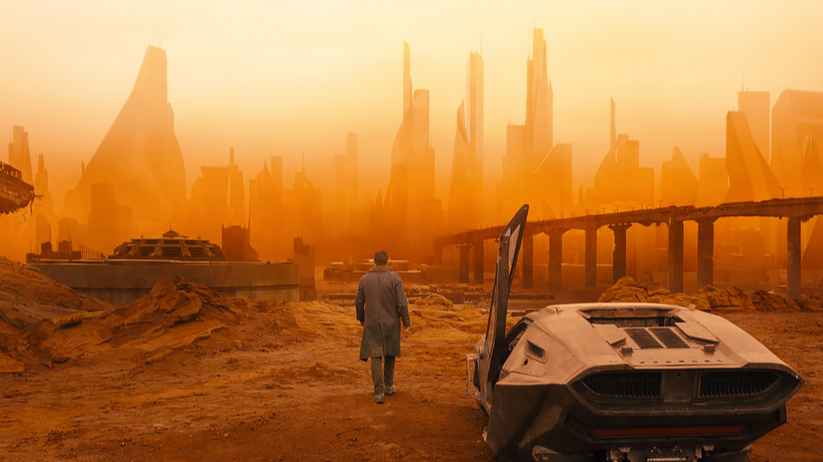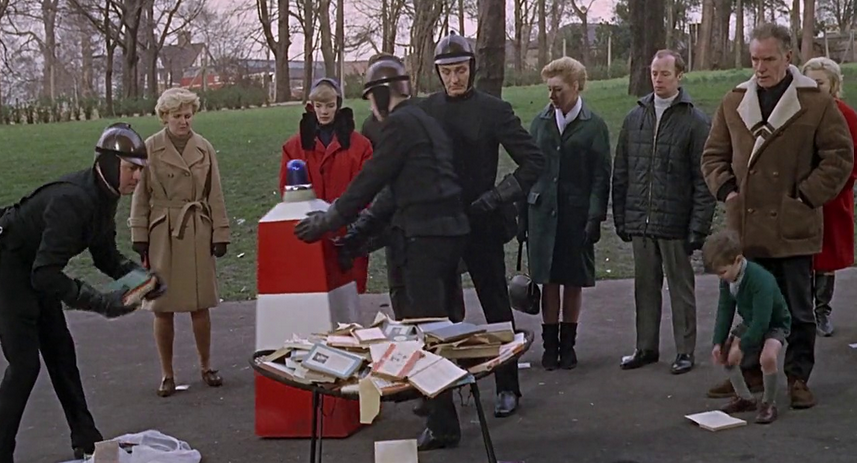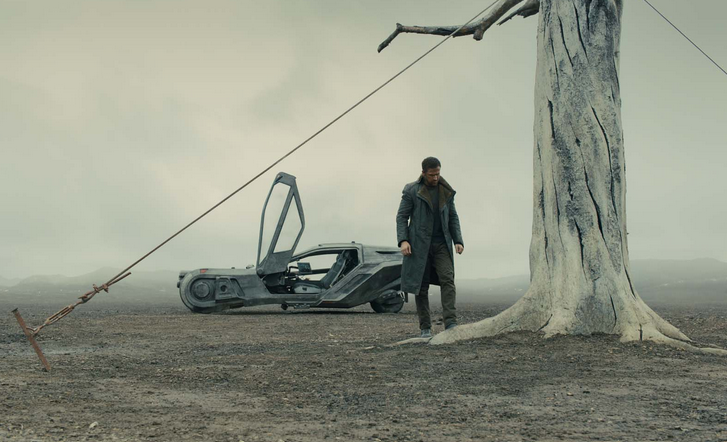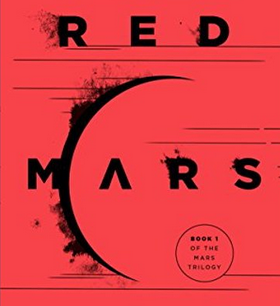“The task before us then would seem to be…
to find ways to nourish and sustain
the drive to change even in a world of
ordinary, nonmiraculous causation,
transforming Reagan and Thatcher’s
slogan that “there is no alternative to
capitalism” to Suvin and Jameson’s that
“there is no alternative — to utopia.’”
(Canavan, p. 15)

Image credit: Bladerunner 2049
This micro essay places sci-fi in a context modernism and post-modernism and it asks how sci-fi can help us imagine what is next.
Introduction: sci-fi – an invitation
Science fiction examines the present through imagining futures shaped by human choices. Since its inception, sci-fi has grappled with concepts of APOCALYPSE, reflecting humanity’s precarious relationship with the systems we’ve created. In the 21st century science fiction should not stop at diagnosis, it must invite us to imagine how we might move beyond catastrophe and into transformation.

Image credit: Fahrenheit 451 (1966)
Modernism in science fiction
Early speculative works often treated apocalypse as a warning, a consequence of human hubris that could still be averted through insight and collective action.These stories resonate with a MODERNIST belief in reason and agency, a sense that crises, while dire, remain opportunities for intervention. This spirit persists in visions of planetary reorganization, where technology and human ingenuity are not just tools of survival but pathways to systemic re-imagination. There is hope that seeing our world and its fragility from a new perspective can spur action.

Image credit: Bladerunner 2049
Post-modernism
In contrast, POST-MODERN narratives reflect a growing skepticism toward the ability to change course, presenting an apocalypse as inevitable. Post-modernism traces the consequences of capitalism and ecological exploitation, painting humanity as trapped within systems too entrenched to escape. To envision a sustainable future then is to question the post-modern constructions of the world and to use science fiction as an engine to restart our understanding of future history and to imagine a world where we can see a utopian post-capitalist world.

Image credit: Red Mars – Kim Stanley Robinson
What’s next?
The emerging genre of POST-CAPITALIST science fiction rejects both despair and blind optimism, charting futures built on solidarity and transformation. Utopia
isn’t a destination but a process, one where systemic change emerges from collective, deliberate effort.
Key Words:
APOCALYPSE: a great
disaster, the end of the world
as we know it.
MODERNIST: relating to
the modernist movement in
literature which values the
individual and sometimes
mundane in a manner
that works toward an
understanding of what might
yet be.
POST-MODERN: the
genre that encompasses a
more experimental and often
less optimistic vision of the
present and future world.
POST-CAPITALIST: a
largely speculative genre
that attempts to envision a
system that could surpass
financialized capitalism as the
governing force in the world.
This essay references the following works:
Benjamon Bratton, Planetary Sapience Technology & The Human, 2021
Gerry Canavan, If Those Goes On Green Planets: Ecology and Science Fiction, 2014

